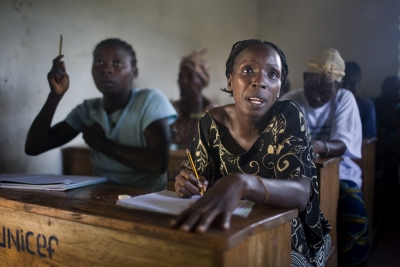
Korea had been under Japanese control during the Second World War. After the war, a split of opinions merged between North and South Korea. North Korea was predominantly communist while the South favoured the United States.
In June, 1950, the North Korean army invaded the South. The US President Harry Truman urged the United Nations to intervene. Following this, the Security Council decided to supply troops to resist the attack on South Korea.
It was the first time that the UN used military action to repel an attack. After securing the South, the UN army ventured North. Later, China backed the North Korean army. After a series of fights, both parties agreed to sign an armistice in 1953.
Picture Credit : Google










